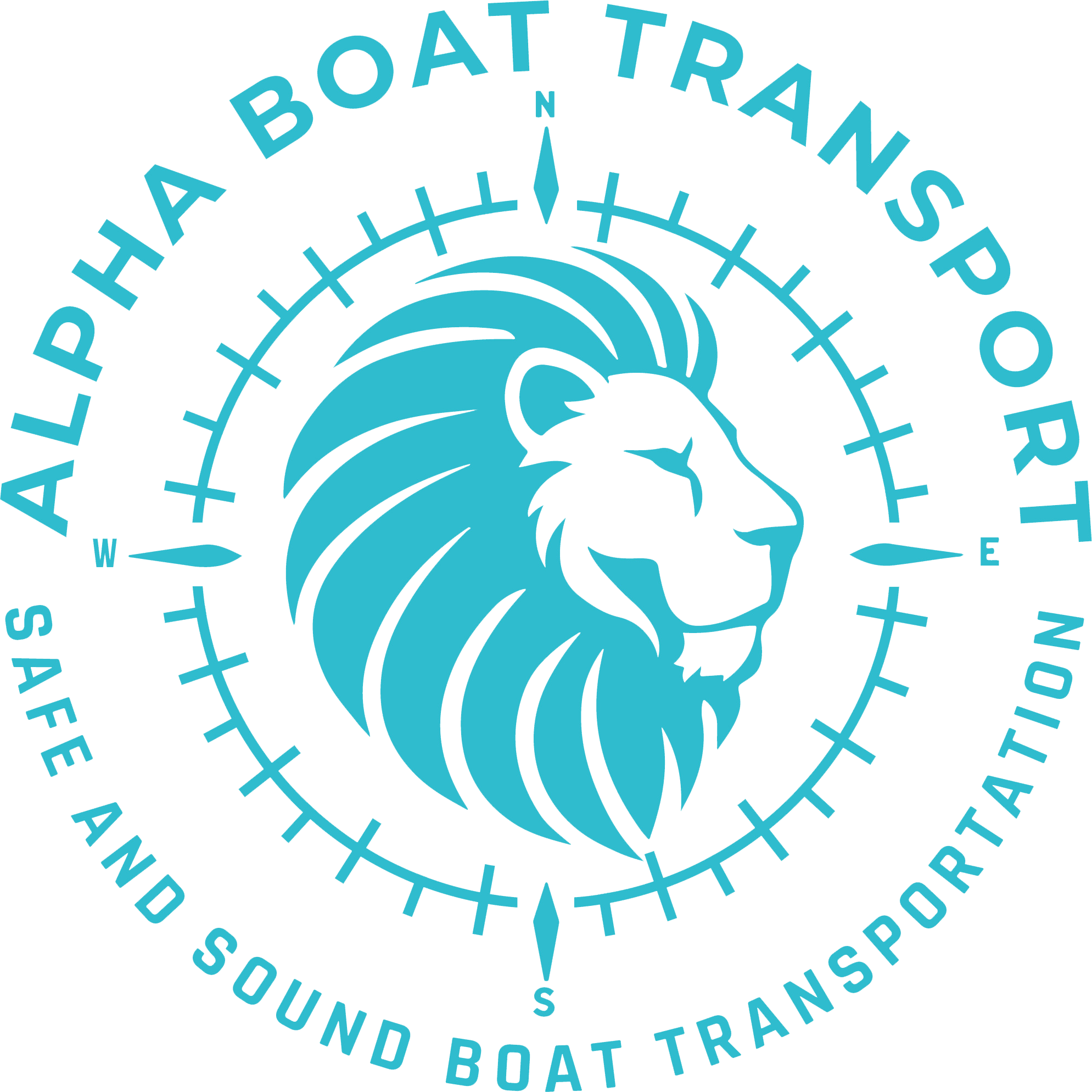When Boat Sales Surge but Insurance Stalls
Back in ’99, my Uncle Lou got stuck with a busted 32-footer on the I-75 outside of Macon during hurricane season. Why? Insurance said the transport wasn’t covered — and let me tell you, that was an expensive misunderstanding. Fast forward to now, and it’s the same story, bigger stakes.
According to data from https://www.boatbrands.org/boat-sales-statistics-by-year/, U.S. marine sales are projected to hit $55 billion by the end of 2024, with more owners looking to move their vessels inland for winter or storm protection. And with that spike in marine boat transport demand, the gaps in insurance coverage have become glaring — and potentially devastating.
Marine policies often protect your boat while it’s in the water. But once it hits the road, it’s a whole different ballgame. Think trailer blowouts, low bridges, or worse — theft. And with cargo theft rising 27% last year alone, at an average of $202K per incident, that’s not just paranoia. That’s math.
So this article? It ain’t fluff. It’s your no-BS guide to the real transport gaps no one else bothers to explain until it’s too late.
What Marine Boat Transport Really Covers — And What It Doesn’t
Now, let me put it to you plain. Your standard boat insurance is like a raincoat in a snowstorm — better than nothing but not exactly built for the job. Most policies cover water-based risks: hull damage, liability on the water, that kind of thing. But once your 38-footer’s strapped to a semi and crossing Pennsylvania Turnpike… forget about it.
Highway-specific threats like jackknifed trailers, improper escort handling, or even DOT violations — they’re just not covered unless you’ve got extended overland coverage. Talked to a client last month — lost their prop during a wide-load turn in Georgia. Guess what? No payout.
If you’ve never checked the small print of your policy for “overland transit coverage,” you better start now. It’s the one line standing between you and a six-figure nightmare.
Wanna avoid that pain?
Ask your insurer if they cover damage during loading/unloading, tire failure transport damage, and damage caused during law enforcement redirection. Spoiler alert: most don’t. But Alpha Boat Transport knows that highway hauling is a different beast entirely — and they build insurance planning into every quote so owners aren’t left in the dark.
Risks Multiply When Highway Meets High Value
Let’s talk friction. Not just the rubber-on-highway kind. I’m talking regulatory headaches and DOT enforcement. Transporting that $600K catamaran across six state lines? Each region’s got its own permit, escort, and axial load requirement. Screw just one of those up, and suddenly your vessel’s parked in a weigh station while costs rack up by the hour.
And yet, here’s the kicker: most haulers don’t inform customers about these risks. They rely on customer ignorance. That frustrates the hell outta me.
Now, Alpha Boat Transport? They map every state’s regulations for each haul, like in this guide on boat transport preparation. They even track seasonal restrictions and non-travel weekend rules others overlook.
Pro Tip
Check whether your hauler logs their DOT corridor mapping and weights per axle — sounds technical, but without that, your boat could get impounded. And insurance sure won’t cover delayed delivery penalties.
Real Stories. Real Losses. No Excuses.
I was talking to a yacht surveyor outta Fort Lauderdale the other week — he’s seen the gamut. One client’s boat got sideswiped during a Kansas turnpike lane shift. Another lost a radar array to low trees in Mississippi. Both thought their “marine insurance” had ’em covered. Guess what? They had to eat the losses.
These aren’t isolated incidents. Cross-reference it with DOT cargo mishap data over the last three years. Boat-related damage claims are up 22%. And you know who’s usually blamed? The owner. Not the hauler. Not the driver. The owner — for failing to properly secure additional transport liability coverage.
Wanna really cover your hull?
Alpha’s got state-specific checklists that prevent this mess — whether you’re planning yacht transport, selecting boat hauling companies, or doing a powerboat prep check.
Taking Control of Your Transport: What Smart Owners Do
Look, you wouldn’t skip a haul-out inspection, right? So why are so many owners skipping pre-transport insurance reviews?
Here’s a 3-step bootcamp for not winding up as someone’s cautionary tale:
- Request a Certificate of Insurance directly from the transporter. Look for terms like “general liability,” “cargo value match,” and “inland marine coverage.”
- Use a state-specific checklist — like one for transporting boats in New York — to review route restrictions and seasonal permit variances.
- Document all conditions before handoff: photos, logbook entries, escort vehicle info. It ain’t obsessive — it’s smart logistics.
Most boaters don’t do this… until they’ve already paid the price.
The Alpha Boat Transport Advantage: Why the Homework’s Been Done for You
So listen — there’s transport companies and then there’s solution providers. Alpha Boat Transport falls squarely into the second camp. Why?
- They pre-verify insurance sufficiency relative to your boat’s value and transit route
- They manage coast-to-coast DOT permit logistics with real humans (no auto-fill screwups)
- They’ve got documentation prep tools — like the motor yacht checklist or sailboat transport resources
That’s not just bragging — that’s service. And that’s how you build peace of mind.
Frequently Asked Questions
What type of insurance covers marine boat transport?
Most standard boat insurance only covers water-based risks. For full protection during marine boat transport, you need a policy with overland transit or inland marine coverage that handles highway liabilities like theft, trailer damage, and route-based incidents.
Is my boat insured during highway transport?
Not by default. Unless your policy includes overland transfer coverage, your insurer may deny claims from accidents, delays, or theft while en route. It’s best to confirm with providers like Alpha Boat Transport who document these gaps in advance.
How can I ensure my boat is safely transported?
Start with verified DOT permits, licensed transporters, a pre-haul inspection, and comprehensive inland marine insurance. Also, review transport checklists for specialty vessels like luxury yachts or catamarans.
What’s the risk of theft during transport?
Cargo theft incidents rose 27% last year on U.S. highways, with an average hit of $202K. Marine vessels — especially high-end center consoles and sportfishers — are frequently targeted due to their onboard electronics and resale value.
Which states are toughest for overland boat transport?
New York, California, and Georgia throw the most regulatory curveballs — from axle distribution rules to permit blackout dates. Alpha Boat Transport’s New Jersey to Florida route expertise helps avoid these pitfalls.
Are weekend boat transports allowed?
Many states restrict oversize load movement on weekends or during holidays. It varies by region. Always verify early, especially if hauling through tight windows or during weather evacuations.
Can I transport my sailboat without removing the mast?
Unlikely. Most sailboat hauls require mast removal due to bridge clearances. It’s all about the vertical clearance game. Get specific advice and prep steps from experts using this sailboat transport guide.

